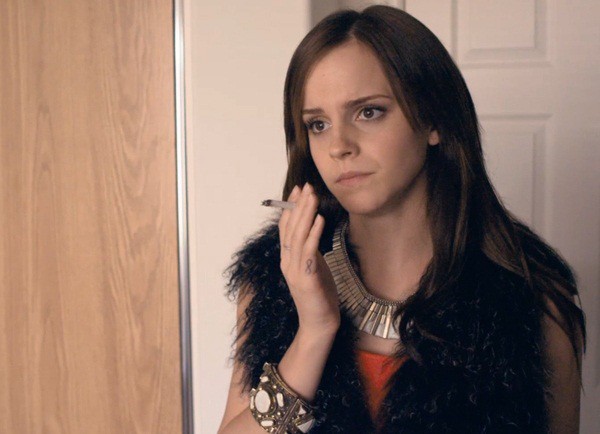Remember not too long ago when every actress walking a red carpet would be asked what she was wearing? Remember not too long ago when actresses were asked about their babies and their boyfriends and/or husbands? I know that those questions won’t go away; that is the nature of the beast. But we have also started to ask women — and yes, it is mostly women — about their feelings on feminism.
We’ve written about this many times before, thanks to Shailene Woodley and others, but it seems that we are hitting some peak feminism here for some reason. Maybe it’s the fact that actresses and others are so much louder and braver, maybe it’s that we are about to have the most radically feminist movie since “Thelma and Louise” to hit our screens shortly (“Suffragette,” which is opening the London Film Festival next week).
This week’s peak feminism began with a quite intense Guardian piece asking women about sexism in the industry. Feminism strives to eliminate sexism, but at times, feminism makes people more sexist.
Most of the answers were brutal, and sadly, not surprisingly, it was Emma Watson who took a really interesting take by saying:
“I have experienced sexism in that I have been directed by male directors 17 times and only twice by women.”
I watched my Twitter feed go kind of nuts lambasting Watson for her “white feminism,” but generally people felt that her comment about being directed by mostly men does not constitute sexism. I disagree. I actually think this is a really smart reading of what sexism is. Here’s the definition: “prejudice, stereotyping or discrimination, typically against women, on the basis of sex.” So Emma Watson is spot on. Because she is a star, Watson is an actress who appears in films with a certain level of budget. And there are a lack of opportunities for women to direct the kind of movies she might star in. So, yes, it is because of sexism that Emma Watson has been directed by mostly men and only a couple of women.
On the opposite end is Marion Cottilard, who was very vocal about NOT being a feminist. She also said that feminism has no place in film. Here’s the exact quote:
“Filmmaking is not about gender. You cannot ask a president in a festival like Cannes to have, like, five movies directed by women and five by men.”
Filmmaking is absolutely about gender. Women and men each bring their own experiences to their work. In that sense, filmmaking is very much about gender. And it is also about race, class and ability. Stories — which the last time I checked was what filmmaking is — allow us to learn things and experience feelings — and we experience all those emotions as different people. So to think that filmmaking is not about gender is naive at best.
As for the second half of her quote, I think it is perfectly appropriate, if not vital, to demand that festival programmers figure out how to include more women. Everyone knows the stats on female representation at festivals are awful (and only get worse from there), and for Cotillard to given them excuses is another example of her lack of understanding of how sexism pervades her industry.
And I can’t not comment on how this week Meryl Streep was asked in a Time Out London piece in advance of the “Suffragette” screening whether she was a feminist and she called herself a humanist. While Streep has been totally at the vanguard of this conversation she really needs to understand what it means when she does not answer that yes, she is a feminist. She is a leader (whether she likes it or not) in the movement for gender justice in the film business and by not standing as a feminist (which she has said she is multiple times) she sends a she sends the wrong message: that feminism is somehow not compatible with caring for all human beings.







